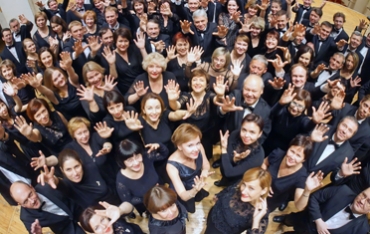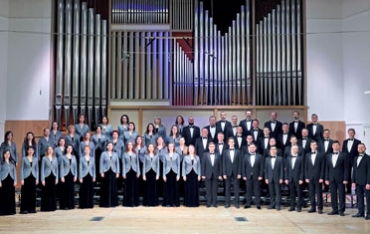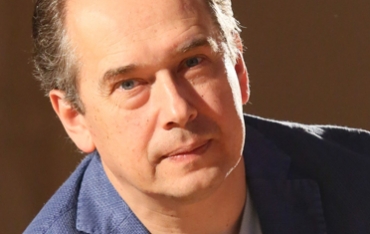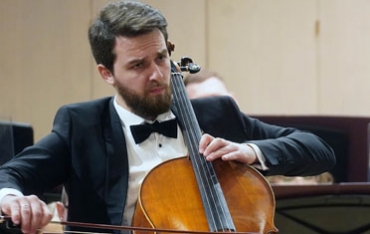
Concert in two parts with intermission (120 min)
Description
“Some prominent musicians wept, and some were saying that after Tchaikovsky's Sixth this is the first symphony worthy of this name,” – so powerful was the impression the premiere of Myaskovsky's Sixth Symphony produced on his contemporaries. While Tchaikovsky in his symphony said goodbye to the earthly life, Myaskovsky in his Sixth said goodbye to his deceased family, and to all the pre-revolutionary Russia, that went under the sea of history before his eyes.
Throughout the 20th century, they tried to “justify” the Myaskovsky’s Sixth and fit it into the exemplary path of the Soviet composer. In the 21st century, it can finally be perceived with open eyes as the naked, bloody truth about the breakup of the epoch, which went right through the life and heart of Myaskovsky. The death of his old father, brutally murdered by soldiers in 1918, the death of his dearly loved aunt, who was a mother to him since he was eight, in 1921, the hardships of the frontline service on the fields of the First World War and the Civil War - these personal travails "rode" over the composer with all the weight of adversity and were multiplied by his awareness of unthinkable human sacrifices.
Myaskovsky, who was nicknamed "the artistic conscience of our music," depicted the era in all fairness. In his symphony-tragedy, he spoke as the voice of the Russian intelligentsia, who fell under the ruthless roller of history. The suffering was so transcendental that it could not be fully expressed by the lament intonations and called for the introduction of the choral funeral verse "As the soul parted with the body." The Sixth Symphony became an authentic documentation of the historic catastrophe, as did the Cursed Days by Ivan Bunin, Doctor Zhivago by Boris Pasternak, and the White Guard by Mikhail Bulgakov.
The Great Patriotic War found Myaskovsky already in his 60-s, but having the same stoicism of an officer: "I don't lose heart - our defeat would be simply unnatural." His music of that period is increasingly filled with moods of melancholy and lyricism. This is precisely what the composer's late masterpiece, the Cello Concerto (1944), in which the cello's voice sounds like a quiet “memory of the heart”, is like.
The concert program
- Myaskovsky. Cello Concerto in C minor, Op. 66 (1944-45)
- Myaskovsky. Symphony No. 6 in E-flat minor, Op. 23 (1923)














